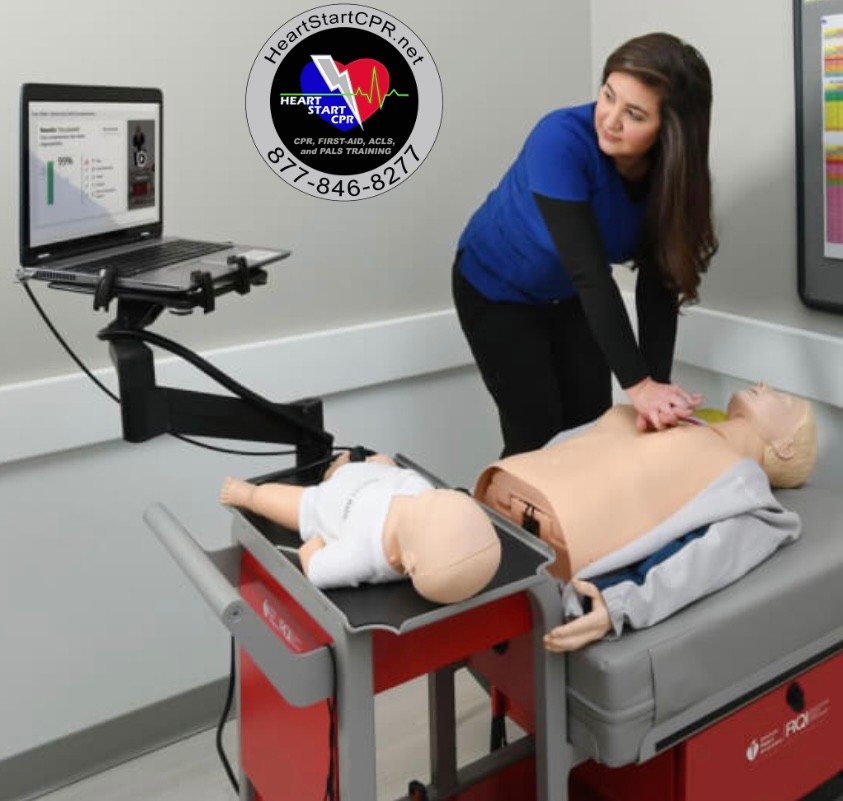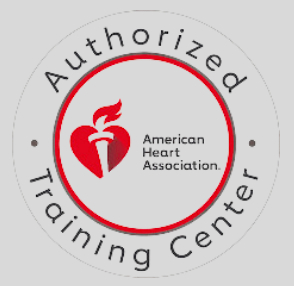CPR Requirement for Dental Hygienists in California
CPR requirement for dental hygienists vary from state to state. The CPR certification for dental hygienists is a must in California. They must be certified in Basic Life Support (BLS) CPR. This certification ensures dental hygienists have the knowledge and skills to respond quickly and effectively in a medical emergency. The California Dental Hygiene Board requires the CPR certification to be issued by the American Heart Association (AHA) or the American Red Cross. The CPR certification for dental hygienists must be renewed every two years according to American Heart Association(AHA) to ensure dental hygienists are up-to-date on the latest techniques and guidelines for life-saving care.
Dental hygienists must also have a valid license from the Dental Hygiene Board of California to practice in the state. This license requires the completion of an accredited dental hygiene program, passing the National Board Dental Hygiene Examination and a clinical exam, and completing continuing education courses. CPR for Dental hygienists is necessary to ensure their patients' and colleagues' safety and well-being. Failure to do so may result in disciplinary action by the California Dental Hygiene Board.
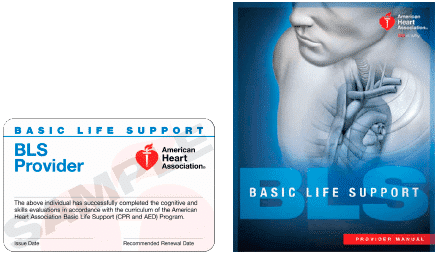
Course Content of CPR Certification for Dental Hygienists
Healthcare provider-level Basic Life Support(BLS) certifications are required for dental hygienists in California. The CPR Certification for Dental Hygienists must include CPR, AED, and a big valve mask for adults, children, and infants. Some employers may ask for first-aid certifications for dental hygienists.
Delivery Method of CPR for Dental Hygienist Course
The Basic Life Support level of CPR certification for Healthcare Professionals, which often includes practical skills test through a classroom or blended training procedure, is a requirement for dental hygienists in California. Only at the employer's or institution's discretion will 100% online CPR be an option; it is not usually recognized by the state licensing board or for continuing education credits. Companies may demand a particular kind of training or let the state's requirements govern. Confirm the training type and course content with your employer if you need clarification on their requirements.
CPR certification requirement for Dental Hygienists in California
- Healthcare provider-level Certification in BLS (Basic Life Support)/CPR for Dental Hygienists is necessary for California.
- The Healthcare Provider level BLS/CPR, AED with practical skills component is required by the Dental Board of California.
- Most employers ask for healthcare provider-level CPR/BLS certifications.
Dental Hygienists can obtain BLS/CPR Certification continuing education credits from these nationally renowned qualifying organizations;
- A hands-on BLS/CPR course is eligible for 4 basic credits under the Academy of General Dentistry (AGD) Program Approval for Continued Education (PACE) policy.
- The American Dental Association's (ADA) Continuing Education Recognition Program (CERP)-approved programs and providers earn 4.0 continuing education credits.
- Schools, organizations, or companies that have been accredited or acknowledged by the Council on Dental Accreditation (CODA)
- Dental education programs affiliated with the American Dental Hygienists Association, the American Academy of Dental Hygiene, or the National Dental Association (ADHA)
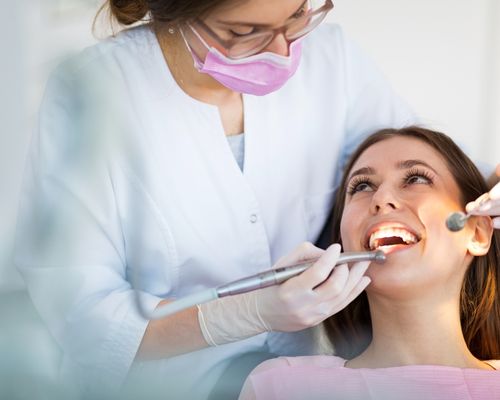
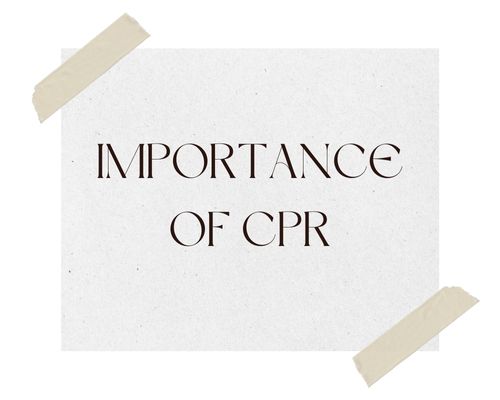
Why is CPR training a must for Dental Hygienists?
Training in CPR (Cardiopulmonary resuscitation) for dental hygienists is essential because they may be the first responders in a medical emergency during a dental procedure.. Below are some of the reasons why CPR certification is important for dental hygienists:
- Dental hygienists may be the first to notice if a patient is experiencing a medical emergency during a dental procedure.
- Performing CPR can help maintain blood flow and oxygen to the brain and other vital organs until emergency medical services arrive.
- The use of an automated external defibrillator (AED) may also be necessary in the event of cardiac arrest.
- State dental boards often require CPR training as a condition of licensure.
- The American Dental Association (ADA) recommends that dental healthcare professionals, including dental hygienists, receive CPR training at least once every two years.
- Preparing to respond to medical emergencies is critical in saving a patient's life.
List of ALL Board and approval bodies
Dental Board of California
BOARD STATEMENT:
- Continuing Education Courses and Providers.
(C) One of the following two courses must be completed to fulfill the prerequisite for certification in basic life support.
(ii) A BLS course offered by a provider recognized by the Academy of General Dentistry's Program Approval for Continuing Education or the American Dental Association's Continuing Education Recognition Program (CERP) (PACE).
The following must be covered in Basic Life Support training for this section:
- Instruction in both adult and pediatric CPR, including two-rescuer scenarios.
- Instruction in foreign-body airway obstruction.
- Instruction in relieving choking in adults, children, and infants.
- Instruction in the use of automated external defibrillation with CPR.
- A live, in-person skills practice session, a skills test, and a skills evaluation.
Academy of General Dentistry (AGD)
BOARD STATEMENT:
142 Medical emergency training and CPR
Training to enable proper response in case of unexpected illness or injury arising during dental treatment or inside the dental office. Medical emergency prevention, action plan formulation, recognizing patient distress, and emergency medications and equipment are possible training subjects.
Interested in Onsite BLS Training?
Contact us or click the link below if you’re interested for onsite training. Heart Start CPR offers on site training for corporations, small businesses, schools and healthcare facilities. On-Site courses are offered using the American Heart Association or American Safety and Health Institution curriculum.
**Note: We also offer BLS Online Training
Dental Hygienists Basic Life Support (BLS) Certification California
If you are a dental hygienist looking to improve your skills and knowledge in emergencies, we recommend taking a Basic Life Support (BLS) CPR certification. At Heart Start CPR, we offer a comprehensive BLS course that covers the essential skills and techniques required to provide life-saving care to patients experiencing cardiac arrest, choking, or other medical emergencies.
Our Dental Hygienists BLS Certification Course is designed for healthcare providers and covers the latest American Heart Association (AHA) guidelines for CPR and emergency cardiovascular care. During the course, you will learn how to recognize the signs of cardiac arrest, perform high-quality CPR, use an automated external defibrillator (AED), and manage other life-threatening situations.

